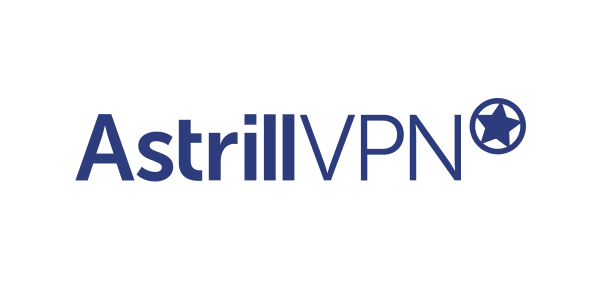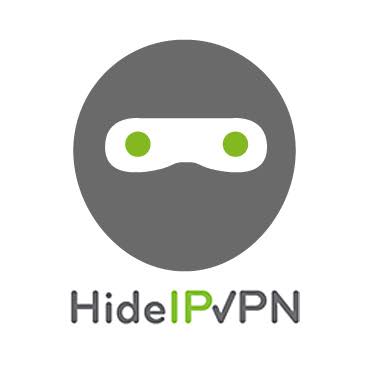Astrill VPN Review (2024)
Right off the bat, Astrill shoots itself in the leg by asking your name, email address, location, and – ta-da! – a phone number to verify you’re you during sign-up. That made me cringe even more as the verification SMS never came and I had to contact support to push through the signup process manually.
What we like
- 7-days free trial
- SSTP, L2TP/IPSec, OpenVPN, SoftEther and PPTP
- Smart DNS and Proxy
- Ample customization options
- Cross-platform, ample Linux support
- Acceptable speeds
- Unblocks BBC iPlayer
- Good live chat support
What we don't like
- Requires phone number to sign up
- Uses your email to sign in to the VPN client
- Starred servers don’t connect
- Tedious to connect to many servers
- Poor usability both on the website and the desktop app
- Expensive for two simultaneous connections only
- Refund policy comes with prohibitive restrictions
- DNS and WebRTC leaked in my tests
Features
Astrill VPN operates out of Seychelles since 2009, and the company has since secured its spot in the VPN market as a solid contender with a network of 335 servers in 50 countries.
I got to the tech guy who forwarded me to the sales guy who called me and then activated my account manually. When I asked how to set up their VPN to unblock Netflix the sales guy forwarded me back to the tech guy who just said – connect to the US server. That said, the two guys were friendly, casual, and helpful (at least one of them because Netflix didn’t get unblocked), which is what counts.
I hate to say it, but usability is not Astrill’s strongest point. In fact, it’s flat-out bad. The desktop app requires a PC restart, which gave me another cringe. The desktop app itself is a tiny window so jam-packed with stuff I wished there were fewer features and more space.
The same goes for their website. I had to Google their prices, and information about the add-ons is only available from the member’s checkout area. It’s incredibly frustrating when relevant information is walled this way.
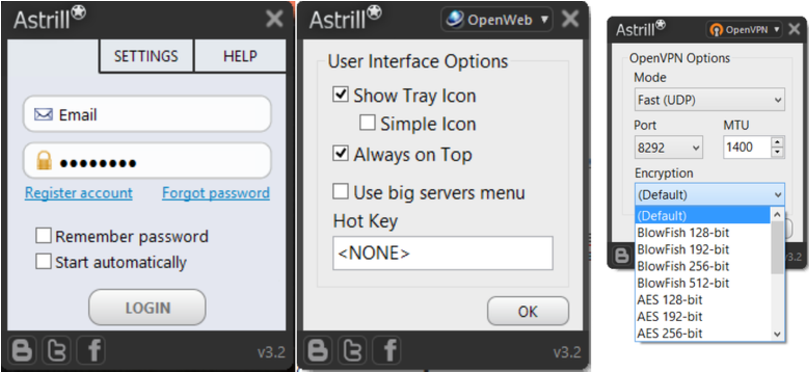
I feel like whining about the Windows app a little more. For example, the defaults are weak – OpenWeb proxy instead of OpenVPN, which makes me wonder if the not-so-savvy users realize the difference. Also, the On/Off buttons are counter-intuitive – you need to click Off to connect, and On to disconnect.
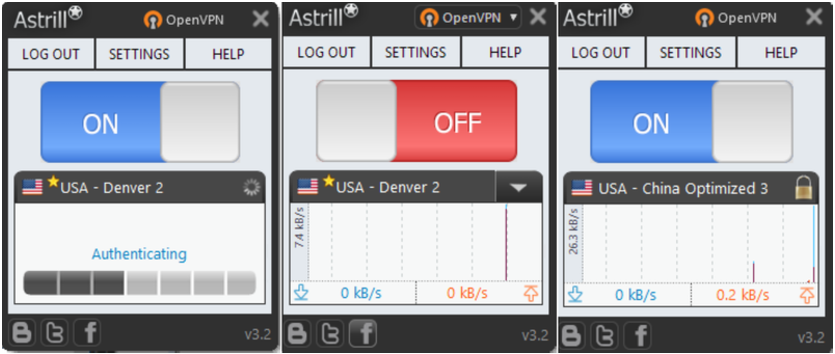
If anything, you will probably enjoy the customization, as you can exclude websites/apps from tunneling, block apps when the VPN is disabled, enable DNS and WebRTC leak protection, port forwarding, and more – Astrill is definitely geared toward the advanced user.
The long list of servers marks the servers that support P2P with a star, and you can choose servers by right-clicking the bar icon, which offers better usability than the app itself.
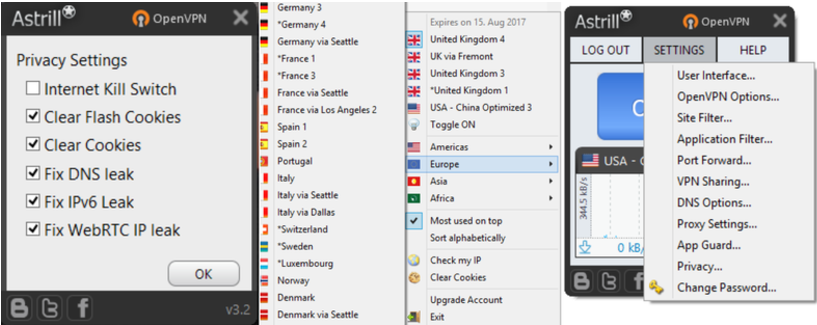
Tests
Astrill’s speed tests are mixed – the starred servers never connect, and it takes a while to find a server that connects fast. The speeds drop was noticeable but acceptable for both the US and the UK servers I tried. Here’s my speed test without VPN during peak hour:

And here’s how it looks with VPN enabled (one for the UK, another for the US server):
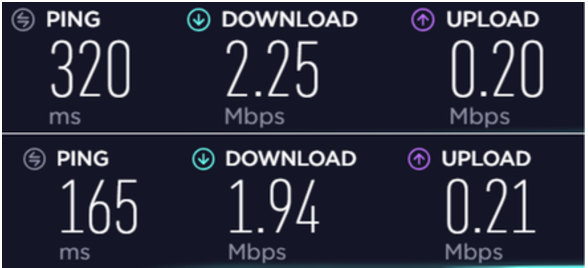
Even with the leak protection enabled, Astrill failed my DNS and WebRTC leak tests, but passed the IPv6 leak test:
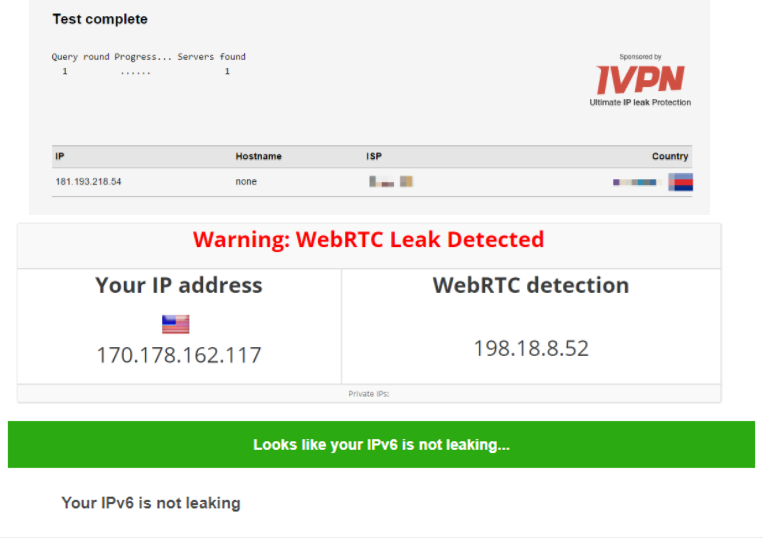
At this point I wasn’t expecting a miracle, so no, Astrill didn’t unblock Netflix US, but it worked surprisingly well for the BBC iPlayer. By the way, you now need to sign in to watch now.
Privacy
On the downside, the ToS and the Privacy Policy could use an update to do away with the extremely verbose and obscure legal speak. They’re based in Seychelles outside the 14 Eyes zone, so no data retention laws apply, and the FAQs say they keep no logs. Note how no automated tools are allowed under any circumstances, not even SEO tools. With the steaming mess of the ToS, I had to look up the VPN comparison chart, which says Astrill logs your IP address and the timestamps. The very fact that the Astrill website hides this information seems shady.
Security
OpenVPN, 256-bit encryption, a kill switch, leak protection, and a dozen other toggles give you granular control over your VPN client, and when it works – it rocks.
Final thoughts
Astrill VPN is geared toward the advanced user with all its bells and whistles and the painfully counter-intuitive client, but when it works – it gets the job done. It’s also quite expensive and raises privacy concerns with its obscured logging policy and intrusive sign-up process. So, make sure you take the full week’s free trial before committing

